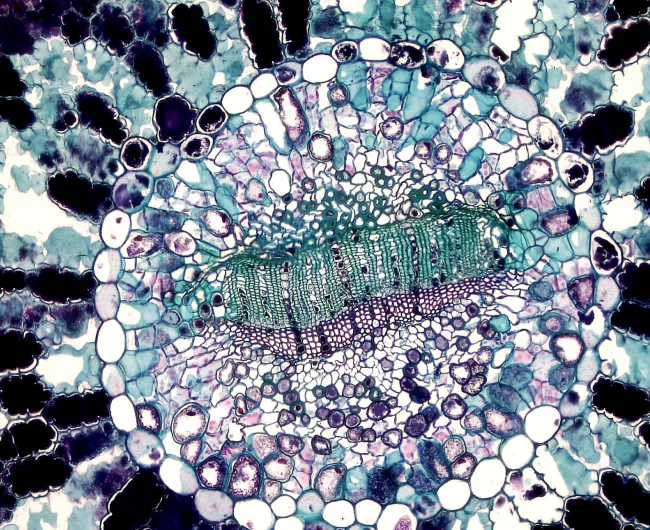Muir-Torre syndrome
Muir-Torre Syndrome (MTS) is a subtype of Lynch syndrome. It is an inherited condition that increases a person’s lifetime risk for developing rare types of skin, colorectal, and genitourinary tract cancers.
The facts
- Muir-Torre Syndrome (MTS) is an inherited disorder sometimes found in people with colorectal cancer.
- As with Lynch syndrome, MTS is caused by an inherited harmful change (mutation) in one of the DNA mismatch repair (MMR) genes.
- The mutation is passed from one generation to the next, and in a family with a parent who has an inherited change in their DNA, each child has 50% of being diagnosed with MTS.
The MLH1 and MSH2 genes are most commonly mutated in MTS patients.

Skin cancer and MTS
The presence of specific types of skin or internal cancers are the primary symptoms of MTS.
Skin Cancers
- Sebaceous adenoma is the most frequent symptom in people with MTS (80-99%).
- Sebaceous carcinoma of the eyelid is an aggressive cancer that spreads to the eye orbit and can be fatal.
- Additional skin cancers include sebaceous epitheliomas and keratoacanthomas.

Internal cancers
- 30-79% of MTS patients have colon cancer or stomach cancer.
- 5-29% of MTS patients have endometrial (uterine) or breast cancer.
- About 60% of people with MTS develop metastatic disease.

Diagnosis and risks
Since MTS is a subtype of Lynch syndrome, the diagnosis, risk factors, and treatment of this disorder is very similar.
Looking for some support?
My BlueHQTop resources

Legislation introduced to address young-onset CRC
Explore the urgent need for the Colorectal Cancer Early Detection Act (HR 7714), legislation aimed at combating the rising incidence of colorectal cancer among younger adults through enhanced screening, education, and research.

Christy Williams: Biomarker testing leads to successful treatment
Statistics suggested that Christy’s odds of survival were grim, so she leaned into her faith and kept a positive outlook. She tried to control what she could. And, critically, she received biomarker testing.

Colorectal cancer resources for learning and sharing
Whether personally impacted by colorectal cancer (CRC), supporting a loved one, or dedicated to educating and empowering others, these downloadable and printable resources can help.





